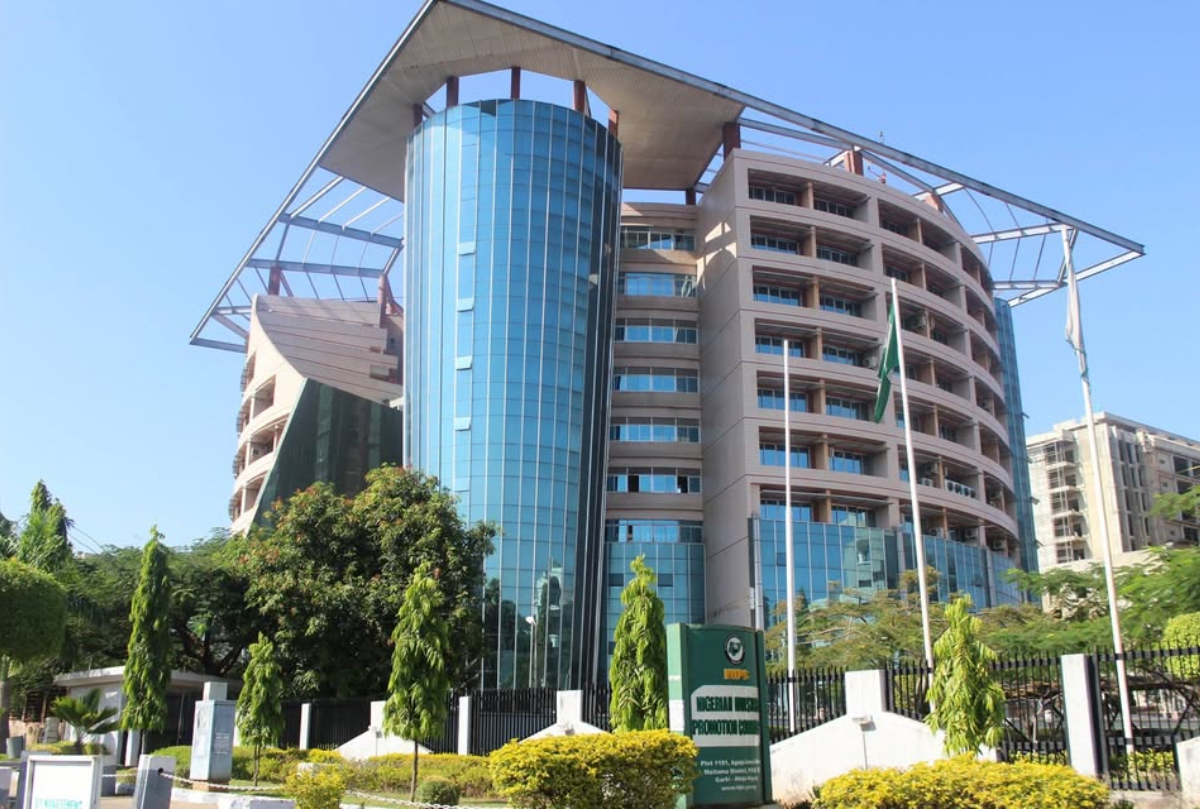NCC Report Shows 169m Active Telecom Subscriptions as Broadband Penetration Hits 48%
The report captures data as of July 2025, providing insights into subscriber numbers, technology adoption, data usage, and the industry’s contribution to the national economy.

The Nigerian Communications Commission (NCC) has published its most recent industry statistics, fulfilling its mandate under Section 89 of the Nigerian Communications Act 2003 to monitor, analyze, and report on developments in the nation’s telecommunications sector. The report captures data as of July 2025, providing insights into subscriber numbers, technology adoption, data usage, and the industry’s contribution to the national economy.
The total number of active telephony subscriptions in Nigeria was recorded at 169.3 million in July 2025, marking a decline from 171.7 million in June 2025. This decrease also led to a fall in teledensity, which stood at 78.11%, down from 79.22% in the previous month. According to the Commission, the reduction is linked to the enforcement of SIM-NIN linkage regulations, which resulted in the removal of unverified SIM cards, as well as the rectification of discrepancies by a mobile network operator. Since September 2023, teledensity calculations have been based on a projected national population of 216 million.
The market share breakdown among operators showed that MTN remains the dominant player, with 89.1 million subscribers, representing 52.7% of the market. Airtel followed with 56.5 million subscribers and 33.4% market share, while Globacom accounted for 20.7 million subscribers or 12.3%. 9mobile continued to struggle for relevance, serving only 2.7 million subscribers, which equates to 1.6% market share.
The report highlighted an ongoing transition to advanced mobile technologies. 4G subscriptions accounted for 50.85% of the market, while 2G stood at 38.6% and 3G at 7.38%. Meanwhile, 5G services represented 3.17% of total subscriptions, reflecting steady but slow adoption as infrastructure rollout continues nationwide.
Internet penetration remained strong, with 138.7 million active subscriptions in July 2025, largely driven by GSM operators. Data consumption also continued its upward trajectory, with Nigerians using over 1.13 million terabytes (TB) of internet data in July, compared to 1.04 million TB in June 2025. Broadband subscriptions reached 104 million, translating to a broadband penetration rate of 48.01%. While this indicates progress, it also underscores the need for further investment in digital infrastructure, particularly in underserved areas.
Mobile number portability activity remained relatively modest during the month. A total of 902 incoming porting requests were processed across operators, with Airtel and MTN attracting the bulk of the inflows, while 9mobile and Globacom recorded lower volumes.
The telecommunications sector maintained its role as a cornerstone of Nigeria’s economy. It contributed 14.40% to national GDP in Q4 2024, a slight increase compared to 13.94% in Q3 2024. However, this was below the peak of 16.36% recorded in Q2 2024, reflecting the dynamic nature of the sector and wider macroeconomic conditions.
Overall, the NCC emphasized that the sector remains vital to Nigeria’s digital economy, serving as a key enabler of connectivity, innovation, and inclusion. With data usage rising, 4G expansion continuing, and 5G adoption gradually picking up, the industry is expected to play an increasingly central role in driving economic growth and supporting the country’s digital transformation agenda.






